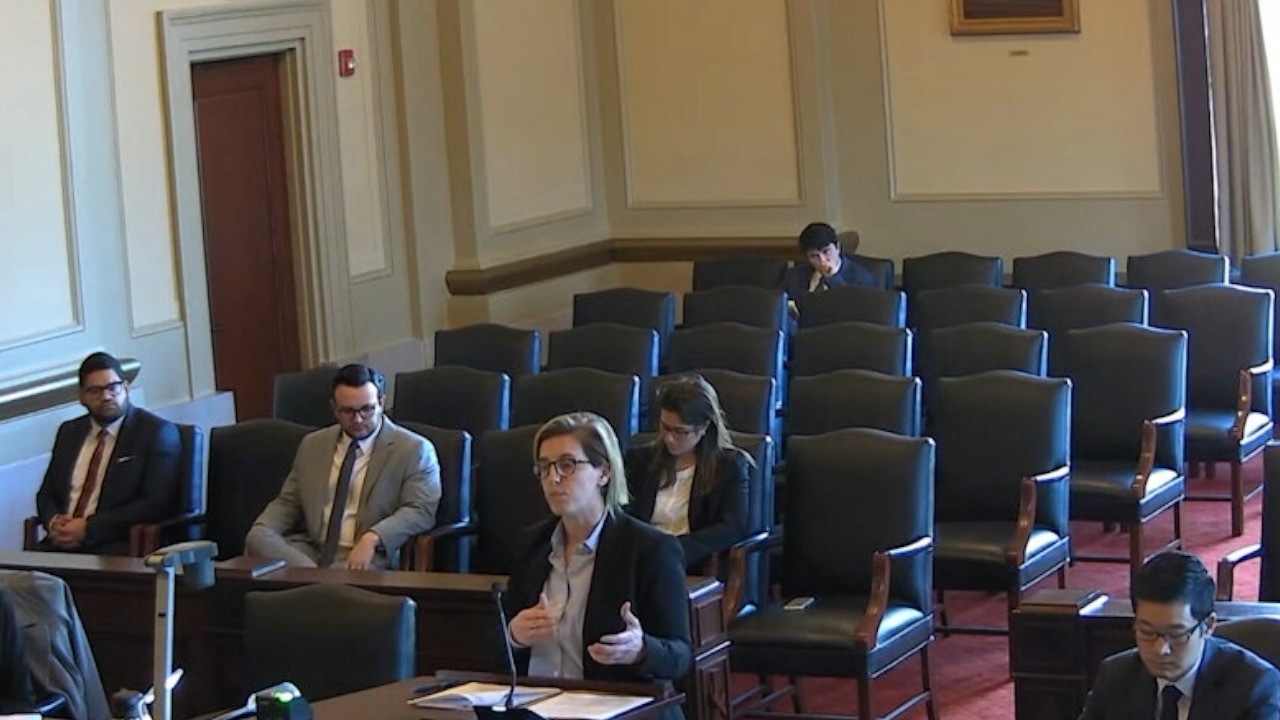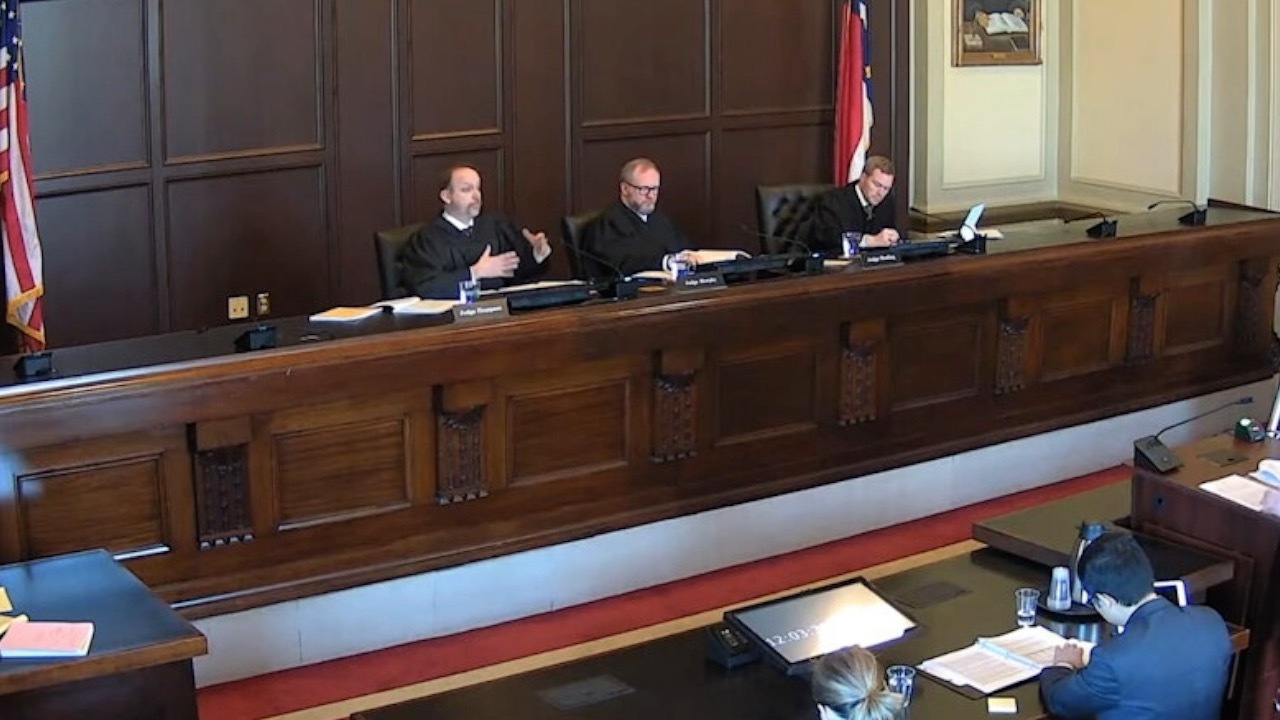- The Harnett County school board and State Retirement Division are squabbling at the N.C. Court of Appeals over $197,000. The money is tied to a pension-spiking assessment.
- Appellate judges will decide in the months ahead whether the state followed the proper procedure in addressing the state's 2014 law against pension spiking.
The N.C. Appeals Court will decide in the coming months whether the Harnett County school system must pay $197,000 to resolve a pension-spiking case. An appellate panel heard oral arguments Monday.
The State Treasurer’s Retirement Systems Division says the school system owes the money to comply with provisions of a 2014 state law against pension spiking.
The school board disagrees. The board paid the money but has pursued a refund. School lawyers argue that the retirement division refused to refund the money, even though earlier court rulings made the $197,000 assessment invalid.
Attorney Lindsay Vance Smith used a family game to make the Harnett County school board’s case.

“Imagine you’re playing monopoly with your kids,” she said. “Your daughter lands on Boardwalk, which isn’t owned by anyone, so she doesn’t have to pay anything.”
A few turns later, your son buys Boardwalk, Smith continued. “He puts a hotel on it, then he goes to your daughter and demands that she pay him rent for the night that she spent on Boardwalk a couple of turns previously.”
“I think you would rightfully instruct your son that’s not fair,” Smith said. “That’s not how we play the game.”
N.C. Solicitor General Ryan Park, representing the State Retirement Division, countered with a different Monopoly scenario.
“There is a rule that says you have to get a certain amount of money when you pass ‘Go,’” Park explained. “And that’s the statute here. … The dad says it’s $200, and so they operate under the $200 for a couple of years. Then the mom comes along later and says, ‘Yep, that’s $200.’ Therefore, under the rules of the family, it’s set at $200.”
Park argues that the $197,000 pension-spiking contribution has not changed because of any prior court rulings. He says state law gives the retirement system little discretion in setting the formula that determines Harnett County’s contribution.
“There’s really only a narrow range of numbers that the retirement system could possibly choose,” Park said. “It’s just a number, and there really isn’t a lot of policymaking discretion.”
It’s the latest legal dispute tied to implementation of the state Fiscal Integrity Act of 2014. It was designed to fight “pension spiking.” That practice occurs when employers give employees large pay raises near the end of their careers that boost their retirement benefits. Critics argue that those pay increases leave the pension fund short of contributions that should help fund the benefits.
The 2014 law set a contribution-based benefit cap on state retirement benefits. For affected employees who had been members of the pension fund before 2015, the law required a retiree’s last employer to pay money into the system to cover any shortfall in the amount of funding expected to cover the retirement benefit.
The law also required the retirement division to adopt a “cap factor” to determine when government employers would need to pay the lump sum, known as an “additional contribution.”
Four local school boards went to court. They argued that the retirement division should have gone through the state’s rule-making process when adopting the “cap factor.” The state Supreme Court agreed in 2020.
During that legal fight, the retirement division pursued the state’s rulemaking process. It adopted a cap factor through that process effective March 2019.
Multiple legal challenges related to the assessments have moved through the state court system.

There’s no deadline for Judges Hunter Murphy, Tobias Hampson, and Michael Stading to issue a decision.